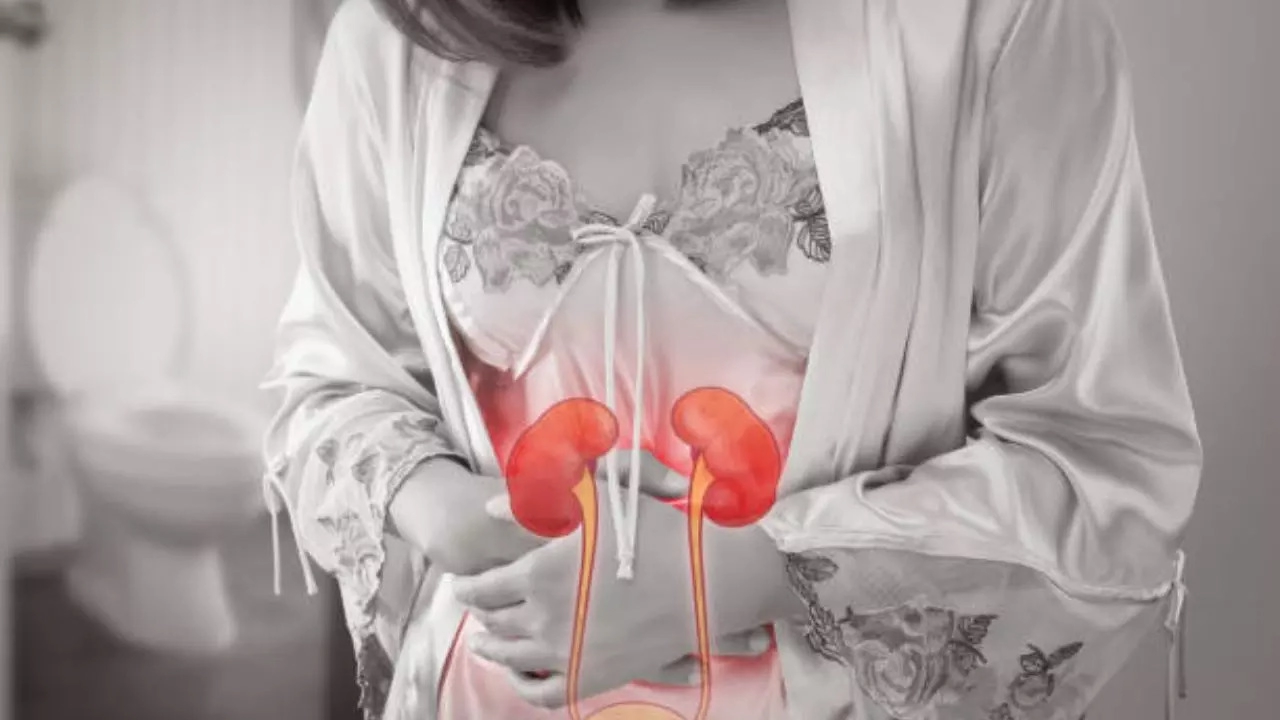Ashima Sharda Mahindra • 27 Oct 2024
Worrying Spike In End Stage Renal Disease Among Youngsters: Experts List Out THESE Shocking Reasons

Predisposed gene mutations cause elevated blood pressure - a key risk factor for kidney disease
There has been an alarming rise of end-stage renal disease or ESRD among young adults aged 25 years onwards, in India – raising concerns among doctors. Experts say the sharp spike in condition among youngsters, combined with high rates of kidney disease among older populations, underscores the urgent need for enhanced awareness, prevention efforts, and organ donation initiatives.
In ESRD, also known as kidney failure – there is a gradual loss of kidney function that reaches an advanced state. Your kidneys - filter wastes and excess fluids from your blood and stop working as they should to meet your body's needs. Then, they lose their filtering abilities, prompting dangerous levels of fluid, electrolytes, and waste to build up in your body.
“The modern lifestyle, characterized by poor dietary habits and physical inactivity, is a significant driver. Increasing consumption of processed foods rich in unhealthy fats, oils, salt, and sugar contributes to obesity, type 2 diabetes, and hypertension—three of the most common causes of kidney disease globally,” Dr. Saurabh Pokhariyal, Co-Founder and Director, VitusCare Medlife Pvt. Ltd. Told Times Now.
Dr. Pokhriyal added that sedentary work and a lack of regular physical activity also increase the conditions – which can only be managed with dialysis or a kidney transplant to stay alive. “In addition, environmental factors such as exposure to heavy metals in potable water and the widespread use of pesticides in food production can lead to inflammation and damage to the kidneys. The indiscriminate use of over-the-counter analgesics and antibiotics also poses a risk, as these drugs can have harmful effects on kidney function when used without proper medical supervision,” he added.
What are the genetic predispositions that lead to this condition?
According to experts, genetic predispositions also play a significant role in the development of ESRD, as certain inherited conditions can directly impact kidney function. Polycystic kidney disease (PKD) is one of the most common genetic disorders leading to ESRD, where fluid-filled cysts develop in the kidneys, gradually impairing their ability to filter waste. “This condition often progresses over time, with symptoms becoming noticeable only in later stages, making early diagnosis difficult,” said Dr. Mayanka Lodha Seth, Chief Pathologist, at Redcliffe Labs.
According to Dr. Seth, gene mutations regulate blood pressure and those with a family history of hypertension are more likely to inherit traits that cause elevated blood pressure, a key risk factor for kidney disease. “Over time, uncontrolled high blood pressure damages the blood vessels in the kidneys, leading to ESRD,” he added.
How can you avoid ESRD?
To prevent ESRD, Dr. Pokhariyal says there is a need for a multifaceted approach that focuses on both lifestyle modifications and medical awareness. “Adopting a balanced diet that is low in processed foods, salt, and animal proteins, along with regular physical activity, can help mitigate the risk of developing diabetes and hypertension—key risk factors for kidney disease,” he said.
Apart from that you also need to:
- Maintain a healthy body weight
- Avoid smoking
- Avoid drinking
- Manage pre-existing conditions like type diabetes and high blood pressure
Get Latest News Live on Times Now along with Breaking News and Top Headlines from Health and around the world.